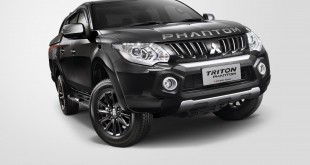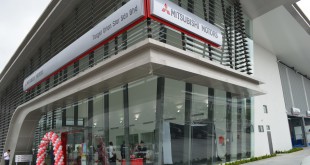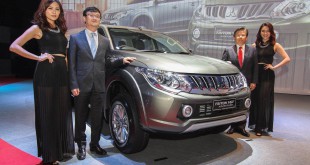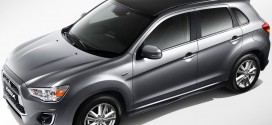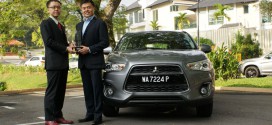When Mitsubishi Motors Malaysia (MMM) first unveiled the then all-new Triton pick-up on an unsuspecting world back in 2006, it sent shockwaves through the motoring community.
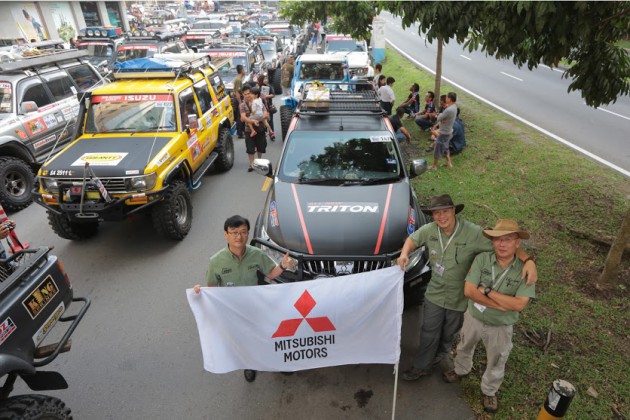
The radical shape was unlike anything the trucking community had seen before, as was the unprecedented levels of interior trim and passenger comfort that put many passenger saloon cars to shame. Fast forward to 2015 and the latest incarnation of the Triton has pushed the envelope of civilised trucking even further.
Despite the adage about not judging a book by its cover, however, there were sceptics who doubted that a vehicle that looked this sleek and handled this well in the city couccccasdaasdsadld be as tough as 4X4 trucks are supposed to be.
The question is especially frequently asked in Sabah and Sarawak, where the ubiquitous 4X4 double cabins are expected to perform equally well on smooth macadam roads as well as in the rough and tough interior where oil palm and timber tracks are the norm.
To win the doubters over, the Triton had to undergo a trial by ordeal. And what proving ground could be better than Sabah’s Borneo Safari, which celebrates its 25th anniversary this year?
The task was to take a standard Triton VGT (Variable Geometry Turbo) 2.5L Common Rail diesel with five-speed manual transmission, add the minimum equipment mandated by the Borneo Safari organizers to see how well it would fare on the eight-day seven-night expedition through some of the hardest terrain Sabah has to offer.
The compulsory equipment comprises a winch, a snorkel and a set of Extreme tyres. Ordinary Mud Terrain (MT) tyres will not do.
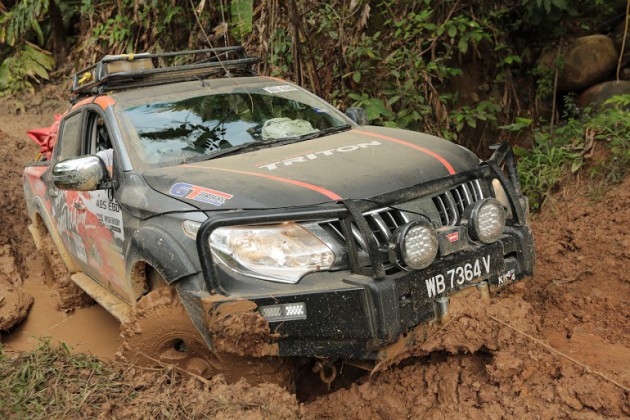
A Warn 9,500-pound (with 4.5-tonne pulling force) was fitted on a bull bar that afforded frontal protection, plus a rear metal bumper with suitable recovery points, and heavy-duty side steps cum sill protectors.
For tyres, the GT Radial Komodo Extreme 35 10.5 16 (also rated as 280/85 16) was chosen for its proven ability to grip in all the ground conditions likely to be encountered.
“We are very proud that the all-new Triton VGT MT has successfully completed the Borneo Safari!
The event is known to be the world’s toughest 4X4 expeditions hence we decided to rise up to the challenge and to conquer the trails of Borneo Safari! MMM is happy to say that the all-new Triton is the tougher and better truck, since 1977,” said Mr. Yang Won-Chul, Chief Executive Officer of MMM.
The event was piloted by former motoring journalist and full-time 4X4 enthusiast, Paul Si from Kuching, Sarawak, a five-times veteran of the Borneo Safari, and Lionel Yew from Selangor, who has had over a decade’s experience in four-wheel-drive adventures, including two Borneo Safaris.
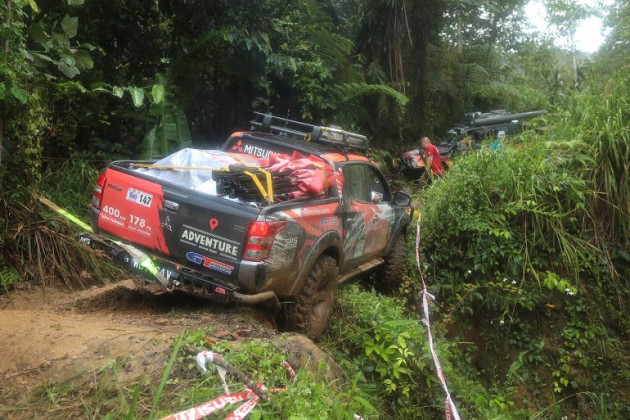
“The all-new Triton can complete the tough trek in one piece with minor adjustments. Obviously, a car that is purpose built or modified for the task would perform better on the off-road track, but at the expense of on-road comfort and performance,” Si added.
“You should have seen the other guy(s)”, as the saying goes. Up and down the trail, there were multiple reports of overturned cars. By all accounts, there were more incidents of rollovers in this year’s event than the past five years combined.
Even the Triton was not spared from the drama, enduring a cliff-hanger moment that lasted over an hour as the two right-side wheels fell off the track and the whole vehicle teetered on the edge over a 50-metre ravine until teamwork and winches from three cars were deployed to get it back on track.
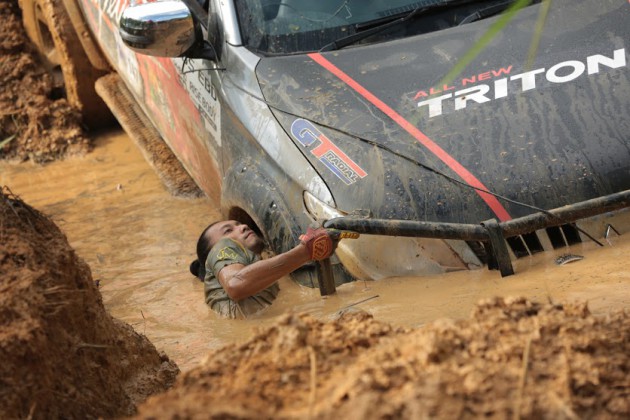
The Triton team went in prepared for problems usually associated with modern vehicles with independent front suspension set-ups, carrying spare drive shafts and steering tie-rod ends but these were not needed. Even the rubber boots protecting the front drive shafts against mud and sand, which are ususally shredded by the end of a Borneo Safari, remained in pristine condition.
When the “as-stock-as-possible” Triton drove into the parking lot at Kota Kinabalu’s Hakka Hall for the closing dinner, all doubt was removed. It could do the job, and it had indeed done the job.
 FastMotoring Motor News In Speed
FastMotoring Motor News In Speed

